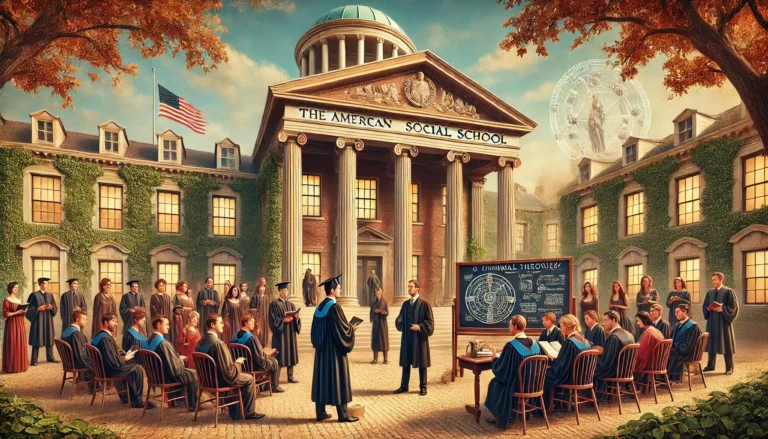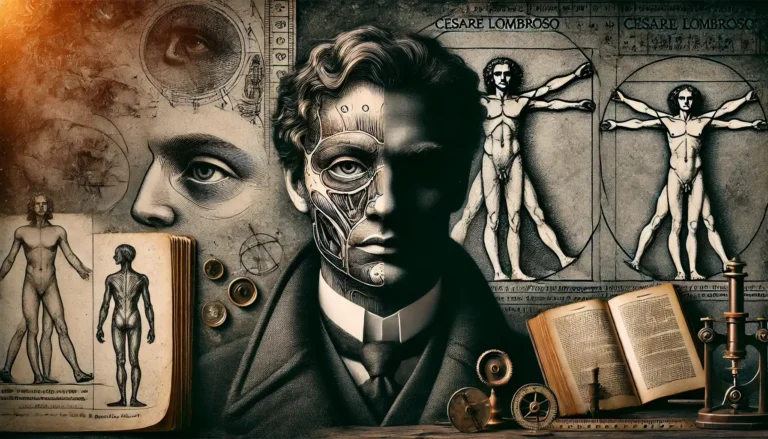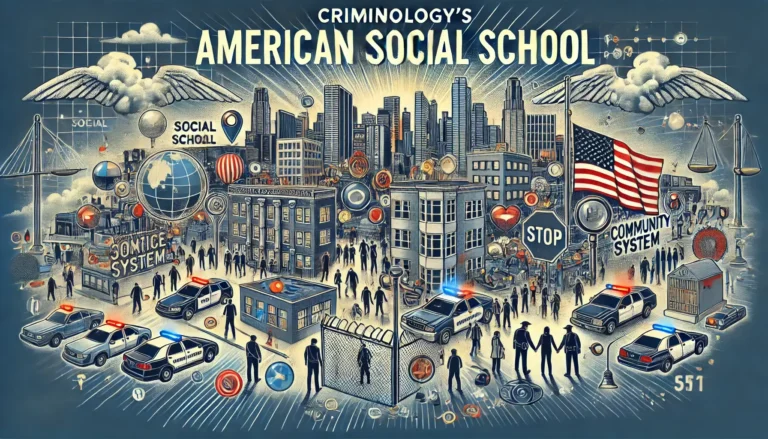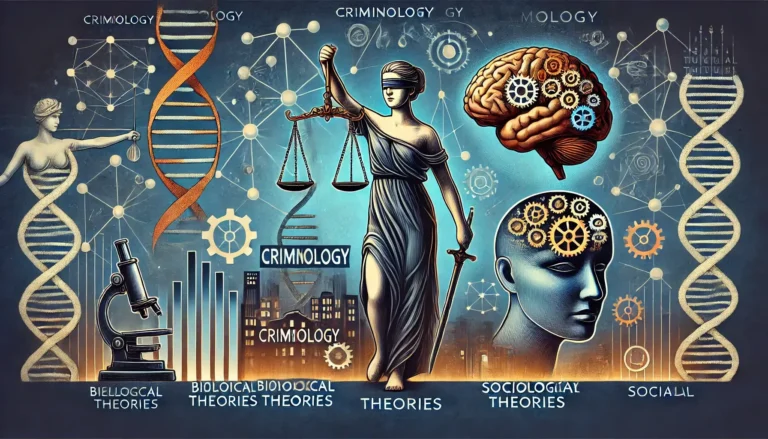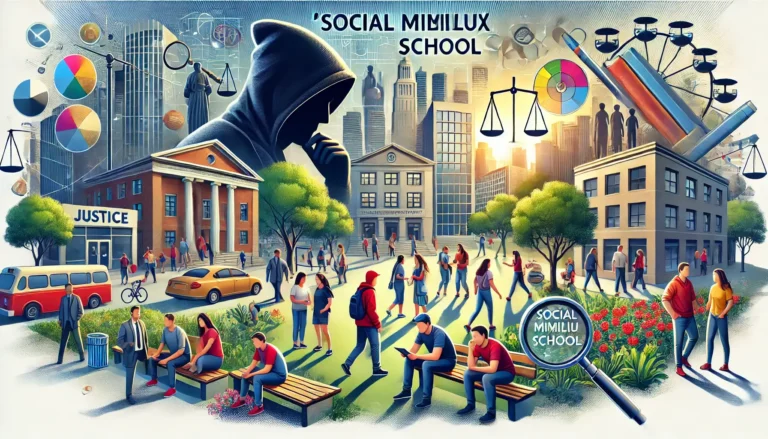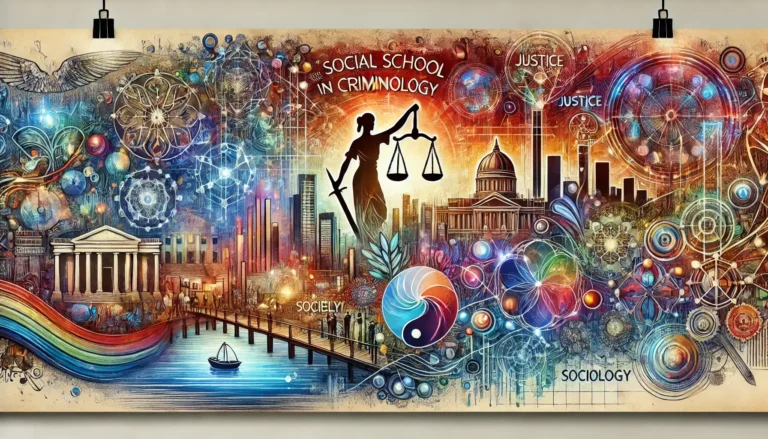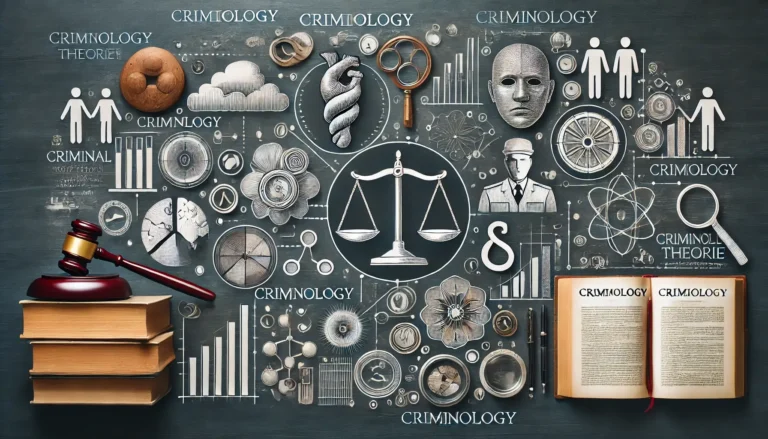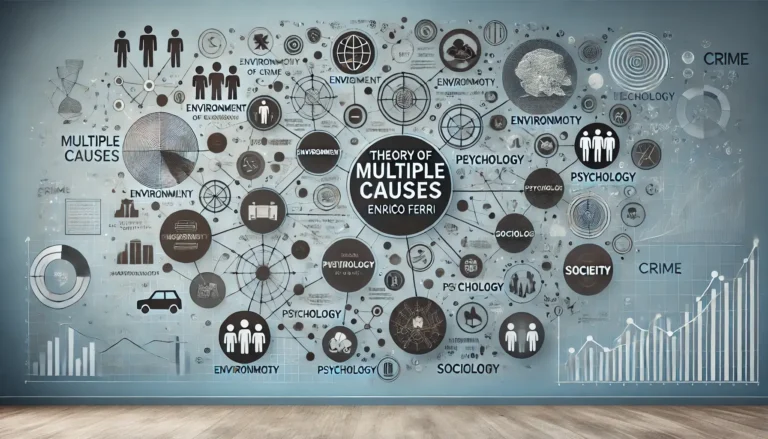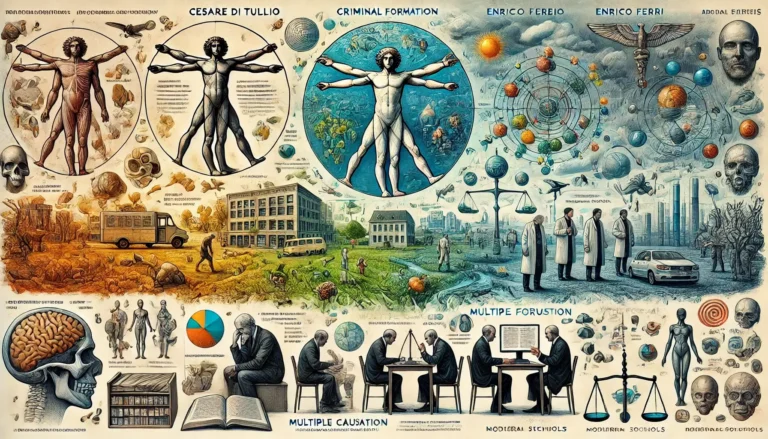The American Social School of Criminology: Three Main Ideas
The American Social School in criminology has significantly contributed to understanding criminal behavior through sociological perspectives. This school of thought emphasizes the impact of environmental, cultural, and social interactions on individuals’ propensity for crime. Among the most influential theories within this school are the Ecological Theory, Cultural Conflict Theory, and Differential Association Theory. These theories…

